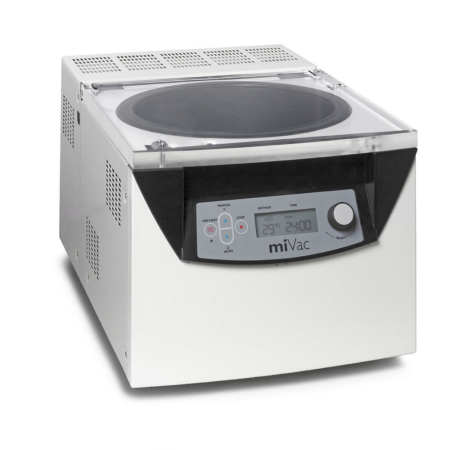Vacuum Concentrators
Vacuum concentrators efficiently remove solvents from samples, concentrating solutions while preserving sensitive compounds in molecular biology and chemistry.

Understanding Vacuum Concentrators
Vacuum concentrators are specialised laboratory instruments designed to efficiently remove solvents from samples, concentrating the remaining solution through the application of vacuum and controlled heat. Commonly used in molecular biology, chemistry, and pharmaceuticals, these devices facilitate the rapid evaporation of solvents without the risk of overheating sensitive compounds. By reducing the atmospheric pressure, vacuum concentrators lower the boiling point of solvents, enabling faster and more efficient concentration of samples. Many models are equipped with features such as programmable temperature controls, digital displays, and built-in cooling systems to prevent sample degradation. Vacuum concentrators are particularly valuable in applications like DNA/RNA extraction, peptide synthesis, and sample preparation for mass spectrometry. By enhancing sample recovery and integrity, these instruments play a crucial role in research and analytical workflows.
